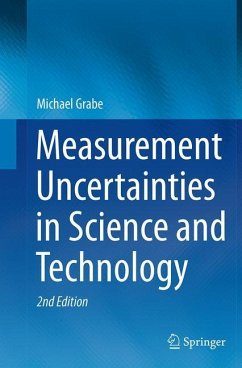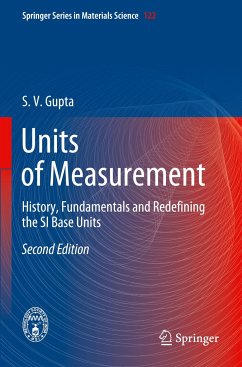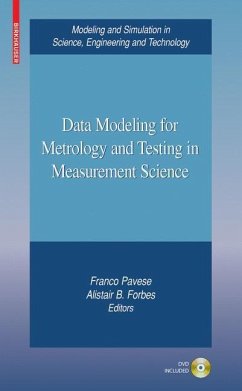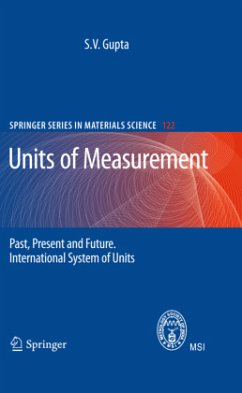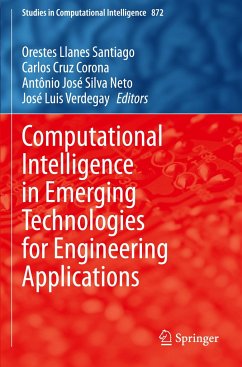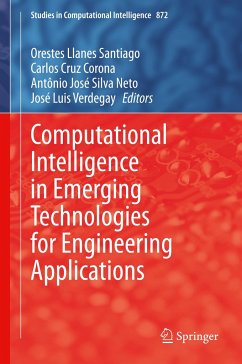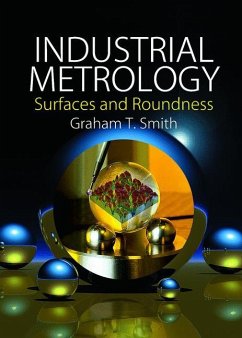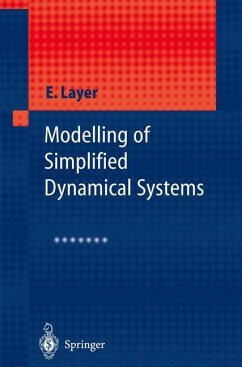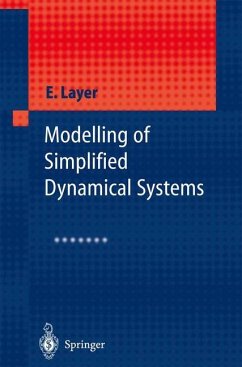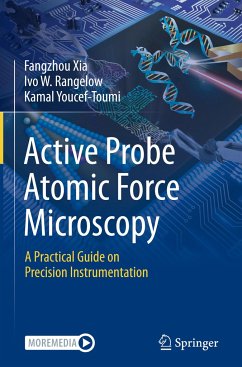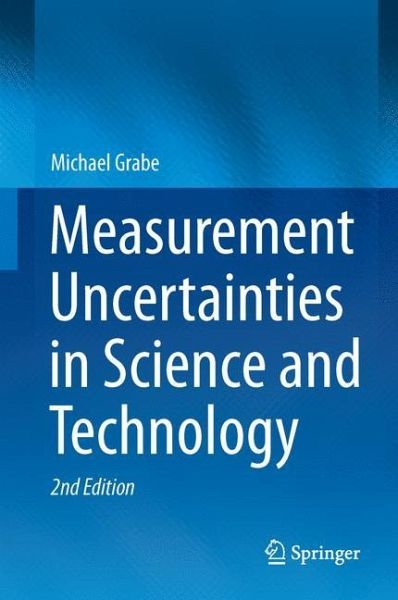
Measurement Uncertainties in Science and Technology
Versandkostenfrei!
Versandfertig in 6-10 Tagen
76,99 €
inkl. MwSt.
Weitere Ausgaben:

PAYBACK Punkte
38 °P sammeln!
This book recasts the classical Gaussian error calculus from scratch, the inducements concerning both random and unknown systematic errors. The idea of this book is to create a formalism being fit to localize the true values of physical quantities considered - true with respect to the set of predefined physical units. Remarkably enough, the prevailingly practiced forms of error calculus do not feature this property which however proves in every respect, to be physically indispensable. The amended formalism, termed Generalized Gaussian Error Calculus by the author, treats unknown systematic err...
This book recasts the classical Gaussian error calculus from scratch, the inducements concerning both random and unknown systematic errors. The idea of this book is to create a formalism being fit to localize the true values of physical quantities considered - true with respect to the set of predefined physical units. Remarkably enough, the prevailingly practiced forms of error calculus do not feature this property which however proves in every respect, to be physically indispensable. The amended formalism, termed Generalized Gaussian Error Calculus by the author, treats unknown systematic errors as biases and brings random errors to bear via enhanced confidence intervals as laid down by Student. The significantly extended second edition thoroughly restructures and systematizes the text as a whole and illustrates the formalism by numerous numerical examples. They demonstrate the basic principles of how to understand uncertainties to localize the true values of measured values - aperspective decisive in view of the contested physical explorations.





